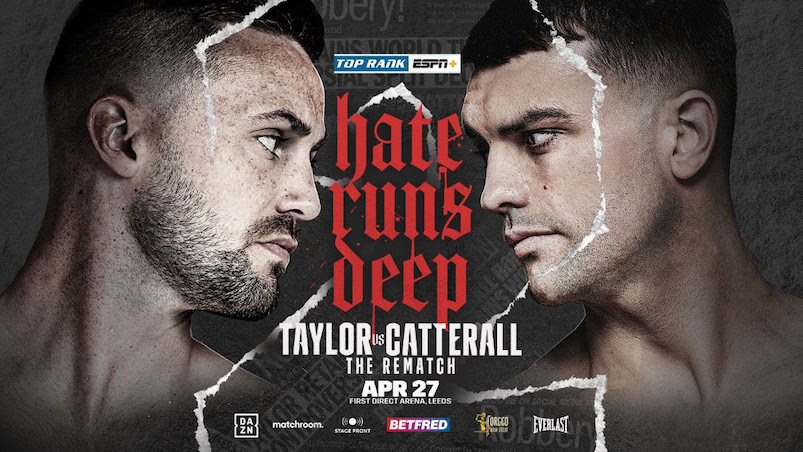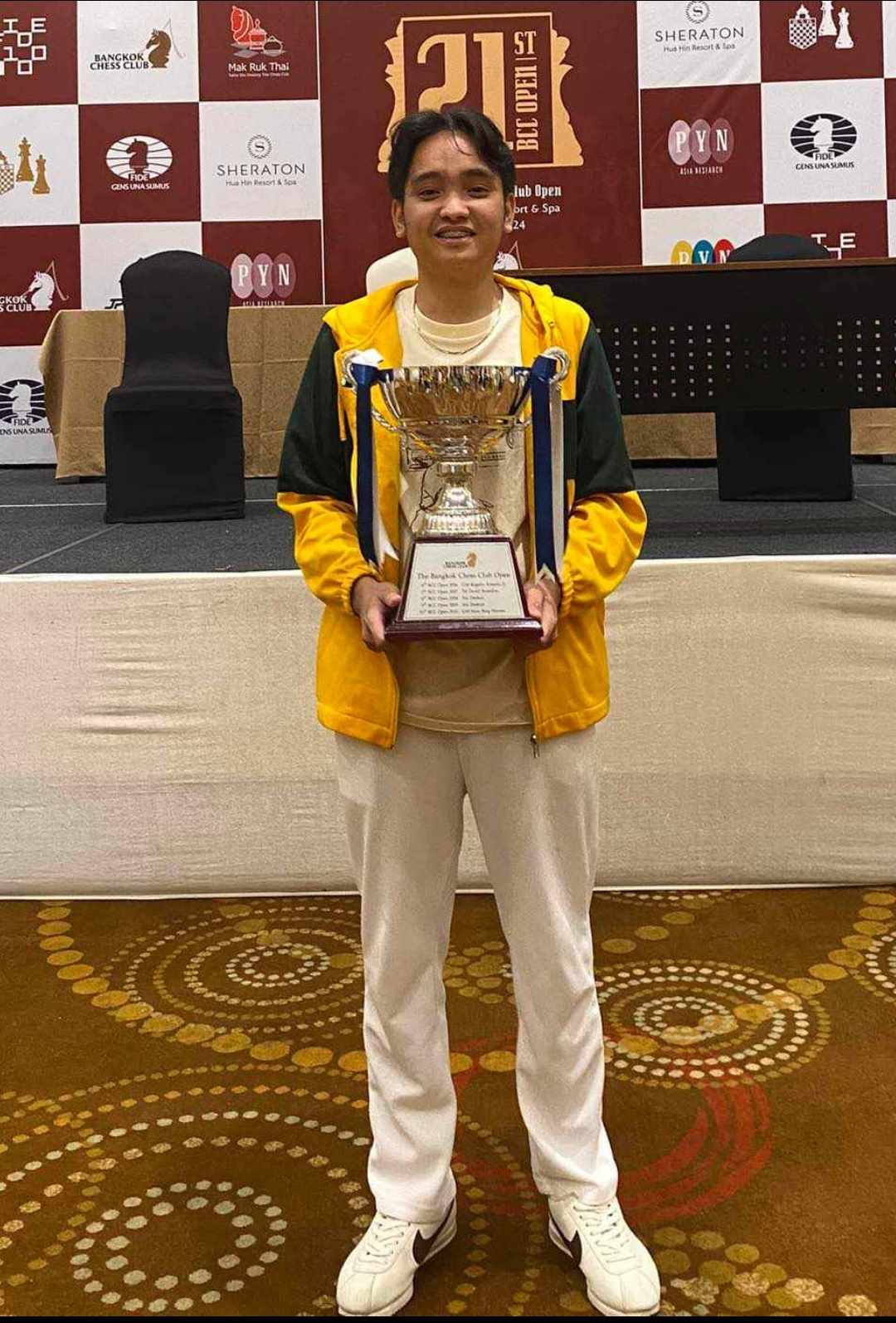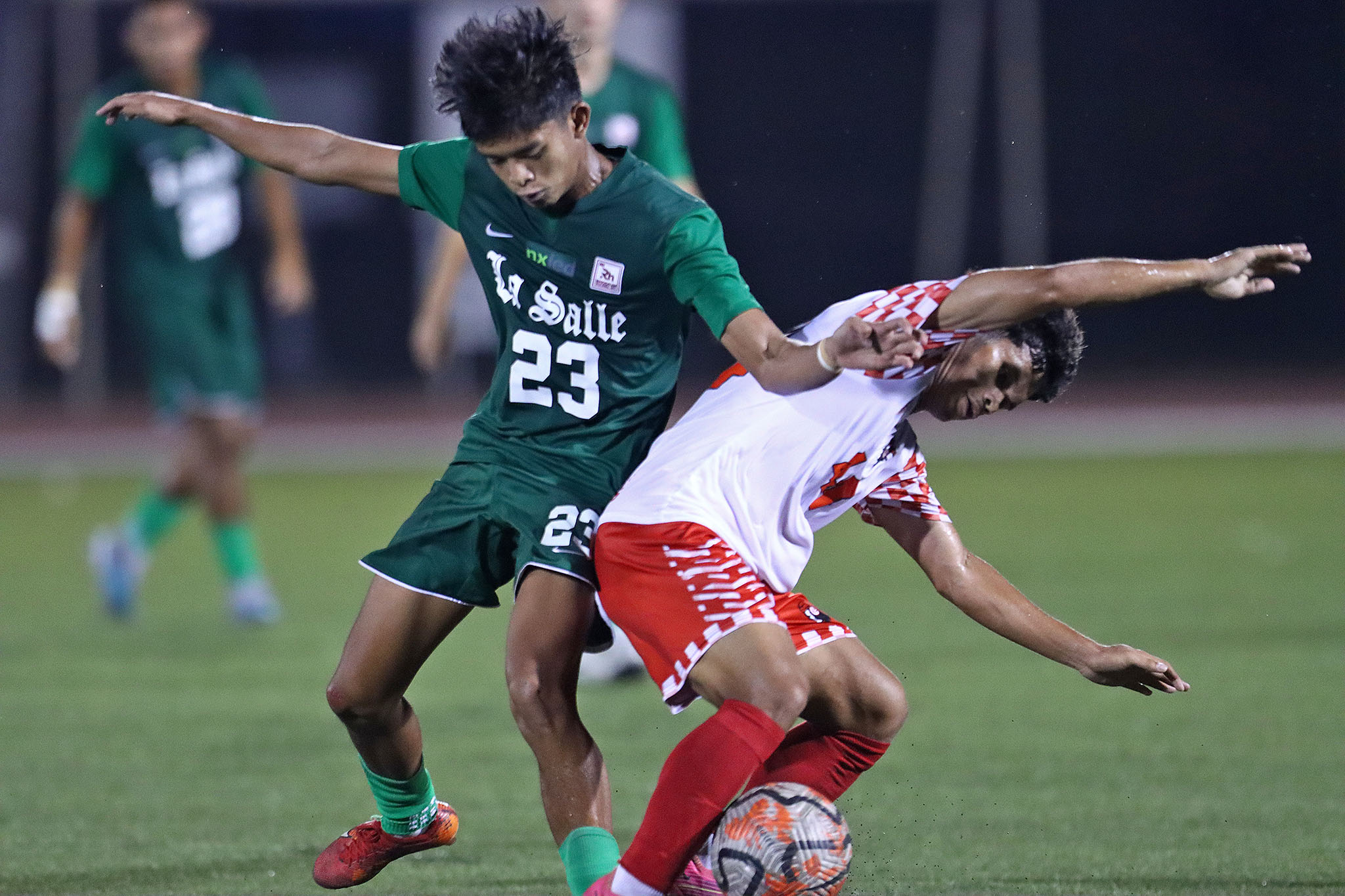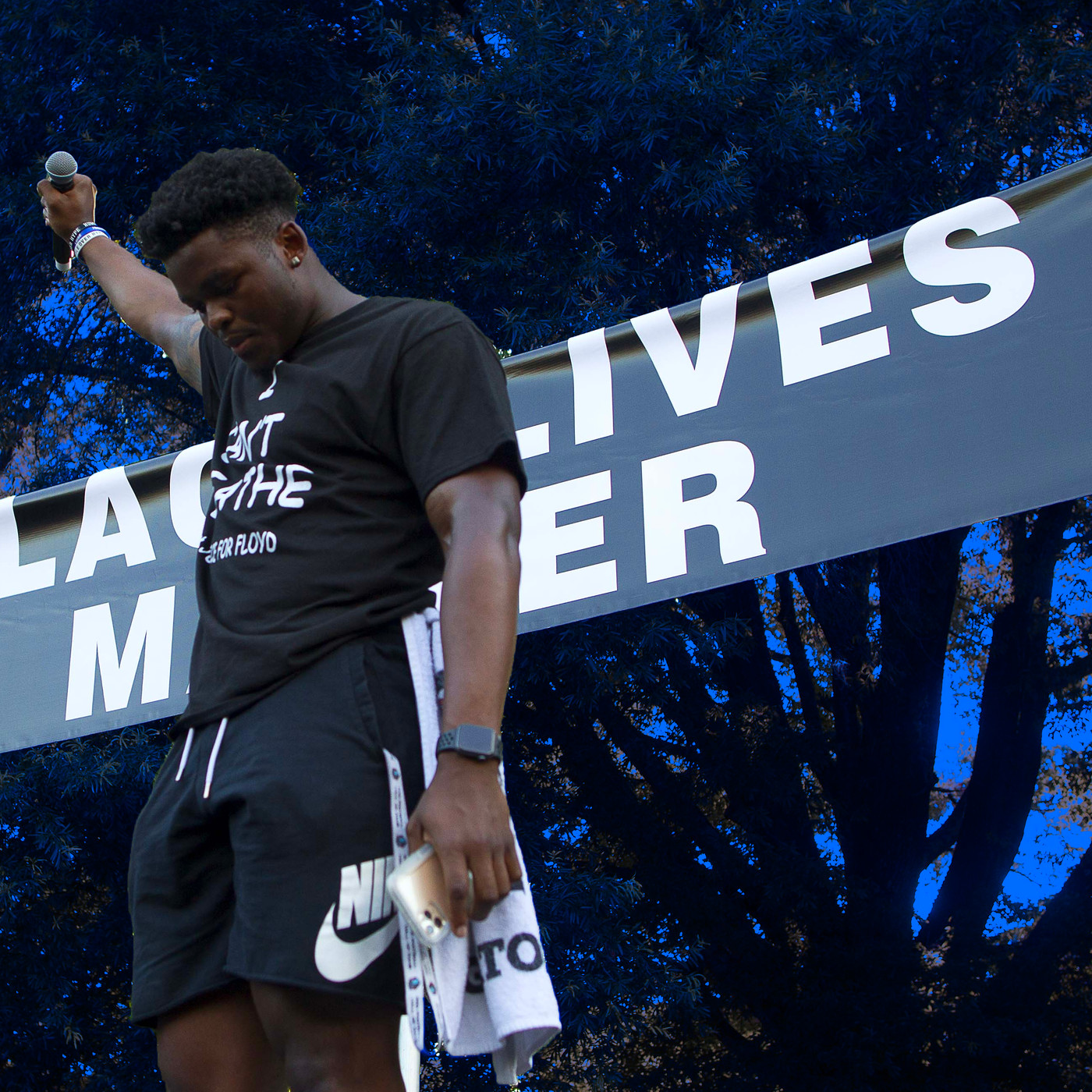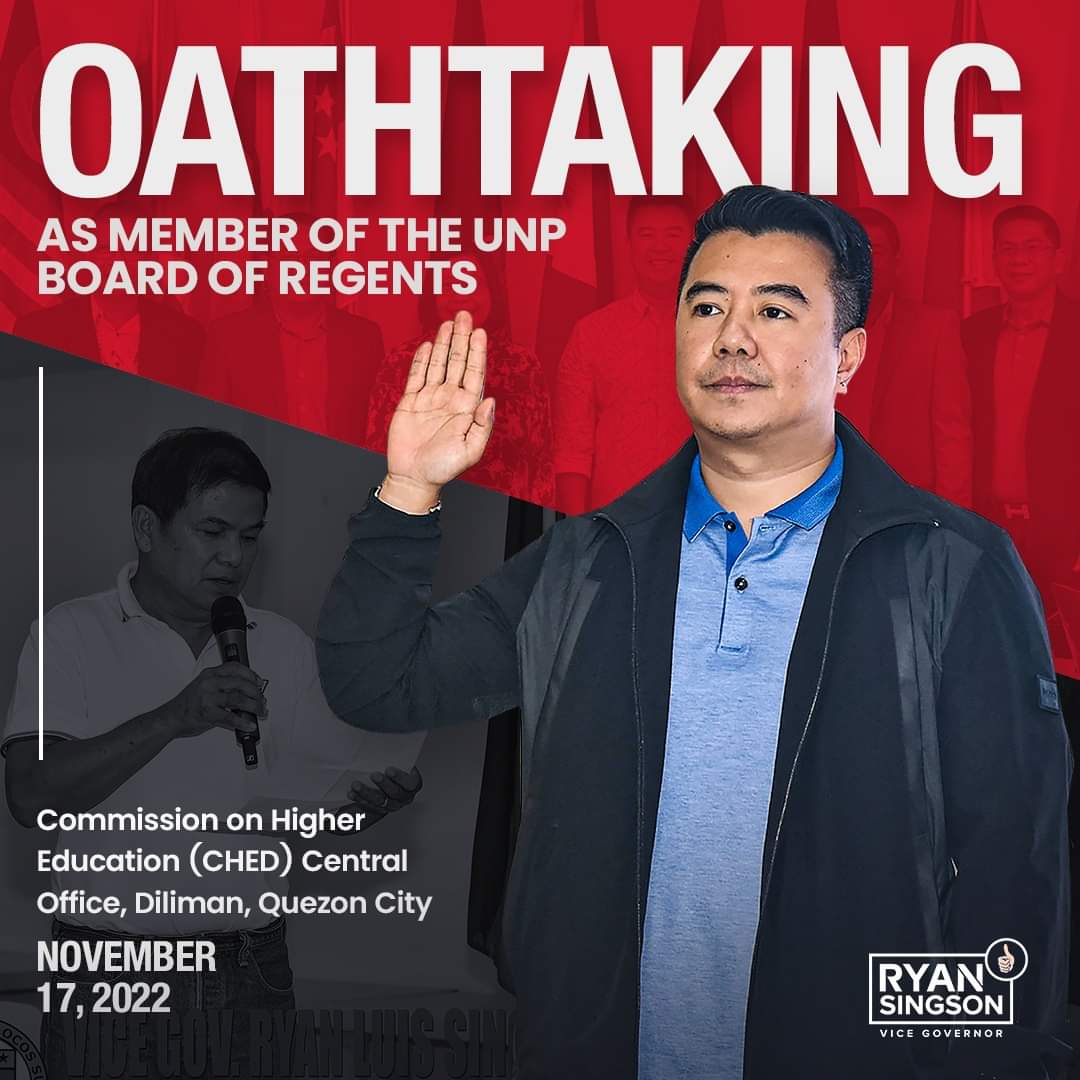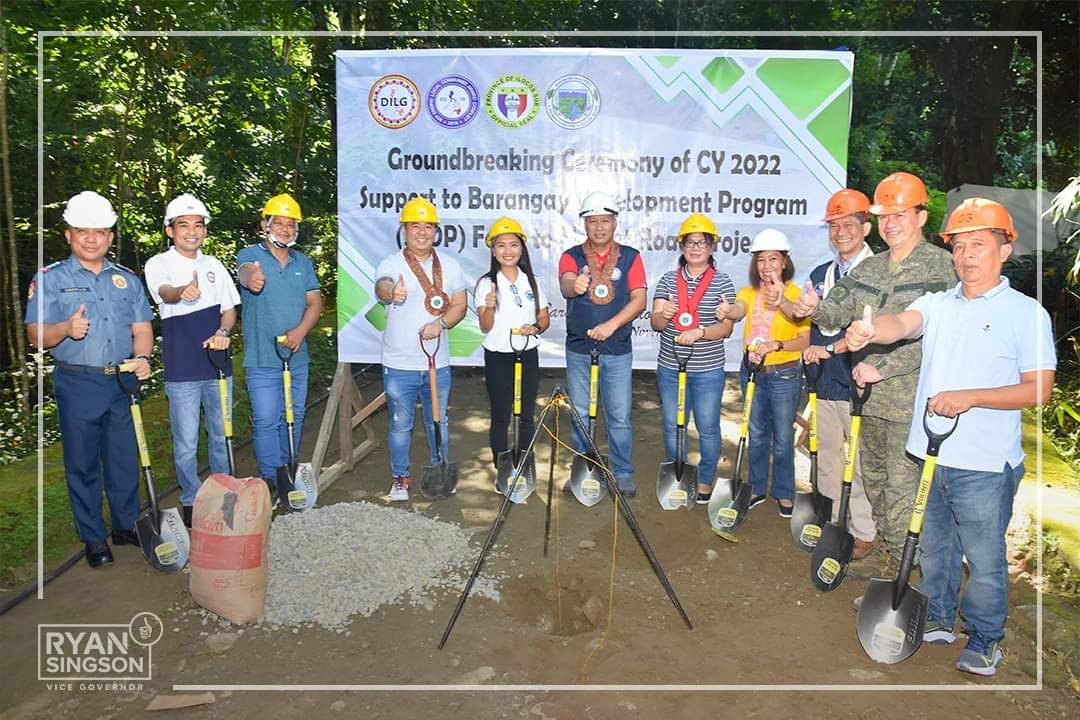How long do you think it would take Barry Alvarez, the most accomplished coach in Wisconsin football history and the school’s current athletic director, to get a meeting with the Governor of Wisconsin? Or with the Majority Leaders in the Wisconsin Legislature?
A few days? Maybe a couple weeks? Whatever your answer, you probably didn’t think “Well, I doubt Wisconsin’s top politicians would meet with one of the most important men at the state’s flagship university.” Alvarez has power and influence, the kind that state and local officials can’t just easily brush aside.
So while it’s not nothing that Alvarez told Yahoo! Sports he’s proud of the Bucks and Brewers for striking to protest police brutality – consider that the New York Knicks barfed out a statement that was both factually inaccurate and meaninglessly vague – I have to wonder whether that’s all he’s planning on doing.
Because if Alvarez means it when he says “What’s happened is wrong and has to be corrected,” then we should recognize he already has the power to exert pressure upon those responsible for making those corrections.
He can write to Kenosha’s Chief of Police, Daniel Miskinis, and lay out his frustrations. He can reach out to local activists and offer his support in getting their message through to his fellow power brokers. Alvarez can call every TV station in Wisconsin and tell them he’s going to the State Capitol and he’s not leaving until he gets some satisfactory answers. Any of these would do more to move the needle towards change than the comparatively easy act of supporting the protests of others from a distance.
College football – and sports more broadly – have dozens, if not hundreds, of others in similar positions of power. Some of them have used it more visibly in recent months. Several coaches, including Will Muschamp, Tom Herman, and Dabo Swinney, marched with their players earlier this year following George Floyd’s murder in Minneapolis. Duke Director of Basketball Operations Nolan Smith organized a protest on campus that included speeches by Mike Krzyzewski and Kara Lawson. Recently retired Notre Dame women’s basketball coach Muffet McGraw attended a protest to save the U.S. Postal Service.
College athletes have spent the last few months realizing and embracing their collective power in ways we’ve never before witnessed in public. Operating in a system built to keep them largely silent and a culture prone to write them off as inexperienced and immature, they have come together and demanded change, and that’s included addressing racial inequities within their own schools and conferences.
Administrators and coaches, on the other hand, already know their power. They’ve been the loudest voices, usually the only voices, heard in college athletics for decades. They also know what real support looks like, because they regularly ask for it in two forms. The first is money; Wisconsin recently unveiled a new fundraising initiative to address major athletic revenue losses. The second is time. They want you at the games, or watching them on TV, to join a collective show of strength.Praising the actions of others sure isn’t money, and it’s not much time, either. It’s a little like a fan who doesn’t buy any tickets or merchandise and doesn’t watch or attend the games – better than hostility, but it doesn’t really move the needle.
Consider what the coaches and administrators at the school you love could do if they used their considerable influence to push for meaningful change. What would it look like if they brought the same fervor they have for facilities upgrades or poll rankings injustices or rule changes and used it to take action against police brutality or voter suppression?
Now compare that to what they have actually done. That unrealized gap, where university leaders let their political power go unused, shifts the burden onto the players to step up and organize. It also delays meaningful change, as inaction reduces the pressure on political leaders to take any action. If these leaders have influence and status, and they don’t use it to try and right a wrong you see in the world, how firmly do they even believe in these causes?
It’s good that Alvarez voiced his support for the Bucks and Brewers. That’s not something a major college football figure would likely have done even a year ago, and plenty of athletic directors and coaches have remained silent or hidden behind vague platitudes. But speaking out is just the first step, and it comes with a nagging question: What will the powerful members of this sport do next to back those words up?


